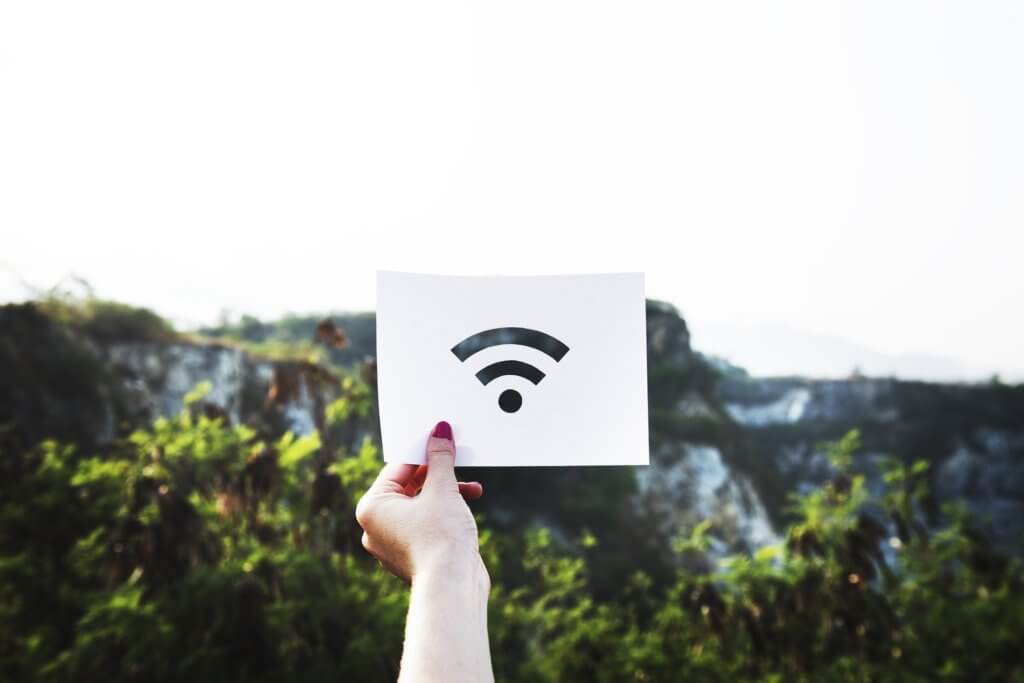
Journalism is an esteemed profession of shining light on the truth. Some major journalists and news reporters possess and convey extremely sensitive information that could create huge impacts across the global socio-political scene. This means that journalists are never safe from being attacked by malicious bodies looking to either steal or destroy the intel.
Unfortunately, many journalists have been the target of both physical and digital assaults. Some even state-sponsored hackers have often managed to infiltrate their handles, corrupt their data or evidence, and even leak their personal information. Consequently, this has even resulted in many assassinations of reporters who dealt with controversial and scandalous info.
Ignoring online privacy and cybersecurity is a luxury and a risk that journalists cannot afford. Doing so threatens their lives, credibility, sources, and their entire careers. Now, journalists must keep their operations airtight, their privacy locked down, and their data secure.
How Journalists Can Protect Themselves Online
The cybersecurity needs for journalists can be provided for by the journalists themselves. By following best practices and taking all the necessary precautions before voyaging the vast extent of the internet, journalists can secure safe passage to their informational channels, without fearing the unexpected infiltration attack.
The following are a list of tips and pointers to help journalists, anchors, newscasters, and reporters safely focus on their professions, incognito.
1. Use Strong Passwords
Authentication is the most important aspect of privacy. Malicious people can do anything they can to get login credentials for important services like bank accounts, social media handles, website subscriptions, and emails. Simple and weak passwords are getting incredibly easy to crack for cybercriminals, and since many people use the same passwords for multiple websites, the looming threat only intensifies.
Unless you use complicated, unique, and strong passwords to improve your cybersecurity, being hacked is a question of ‘when,’ not ‘if.’ It’s best practice to make your passwords complex, unique to each service, temporary, and stored somewhere. That’s where employing reliable password managers makes all the difference.
2. Use TOR Browser
The infamous ‘hub of the dark web’ is actually the best browser for anonymously surfing the internet. The peer-to-peer networked browser can transmit untraceable packets of data, which are encrypted at each node of the network, thus guaranteeing anonymity.
The lack of traceability allows illegal activities and communities to thrive with the TOR browser. However, it’s still the best bet for journalists to safely and anonymously exchanging information with their sources and clients.
3. Use a VPN
VPNs, or Virtual private networks, are a must-have for any internet user nowadays, let alone journalists. It’s one of the best ways to secure your online traffic since another IP masks your activity. VPNs use their own secure servers in several locations worldwide, offering users encrypted networks to surf the web from.
This secure channel not only protects users from prying ears and eyes but even unblocks geographically restricted and censored services and content. Whichever VPN server you connect to, your IP is that of the server; hence, it is as if you’re located in that very country. This makes VPNs essential for journalists, and some very popular VPNs include Google Outline and ExpressVPN.
